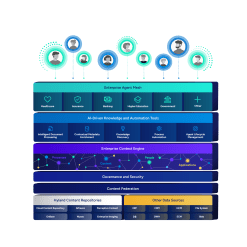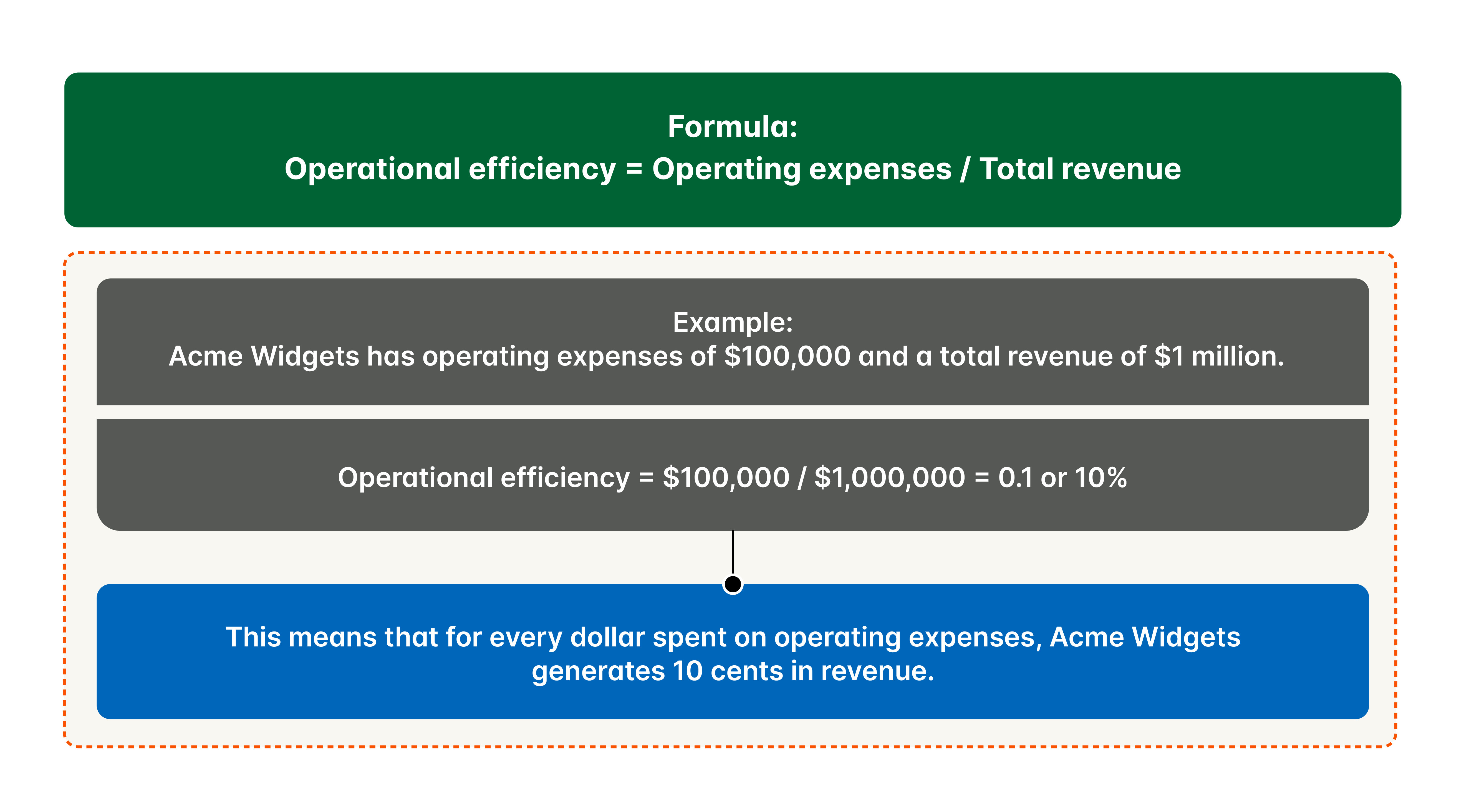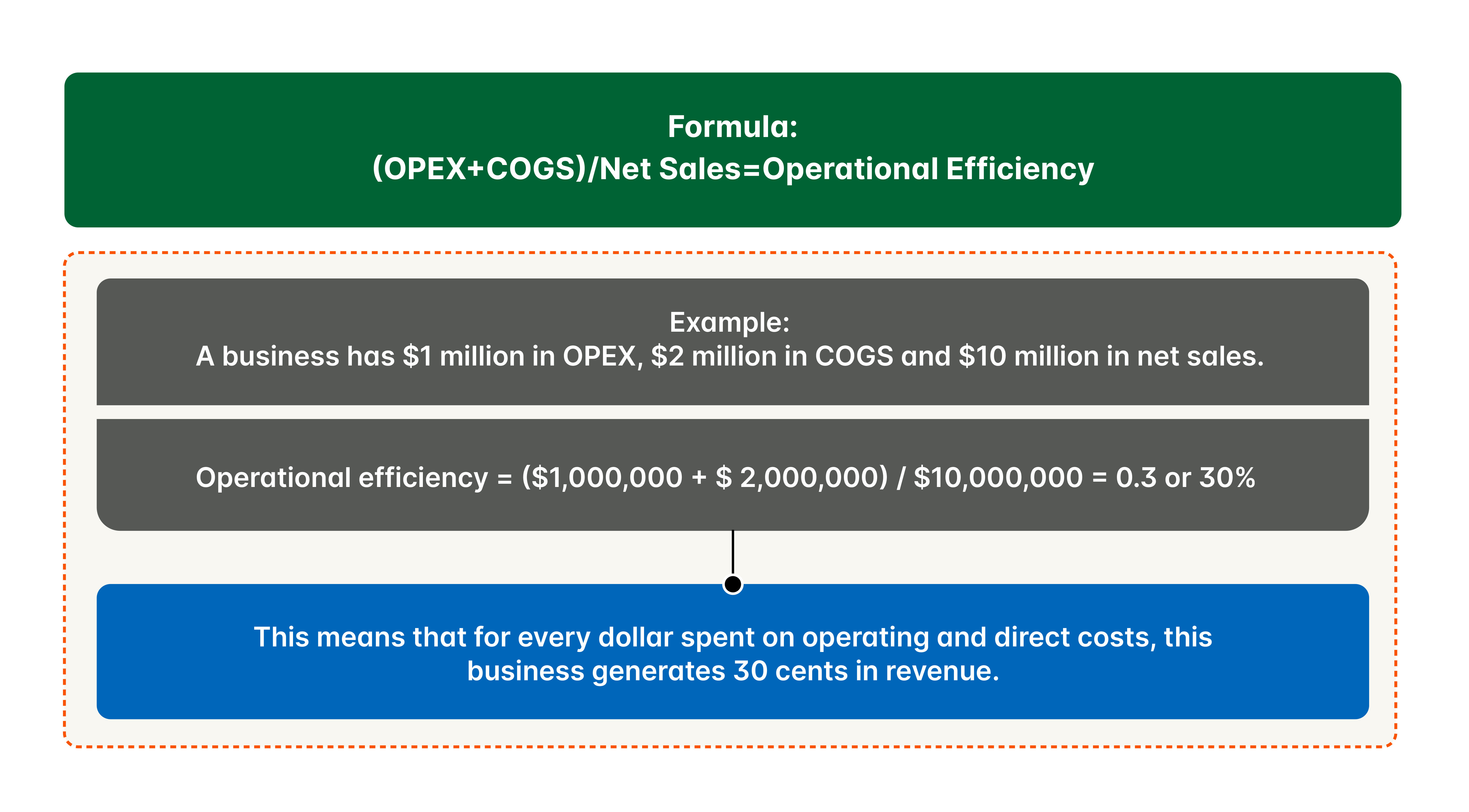3. Create open lines of communication
Effective communication within the organization is vital for understanding and addressing operational challenges. Facilitate regular team meetings, feedback sessions and the use of collaborative platforms to improve information flow.
In a retail setting, open communication may involve regular check-ins with staff to gather insights on customer preferences and operational bottlenecks.
4. Adopt digital time tracking
Digital time tracking tools enhance accuracy in tracking employee hours and tasks. Integrate digital time tracking seamlessly with document management solutions for a unified approach to time-sensitive processes.
In industries like consultancy, where time is directly linked to revenue, adopting digital time tracking ensures that billable hours are accurately accounted for, contributing to efficient payroll processing.
5. Encourage employee collaboration
Encouraging collaboration among employees is a strategic imperative for fostering innovation and driving overall productivity. Employee collaboration platforms, such as project management tools or virtual workspaces, promote teamwork and information sharing.
In a software development company, these tools enable developers to seamlessly work across projects, facilitating efficient information sharing and teamwork. For instance, collaborative coding platforms allow multiple developers to contribute to a project simultaneously, streamlining development processes and accelerating project timelines.
6. Identify bottlenecks in your processes
Regularly engage with staff to identify bottlenecks. This process allows for strategic upgrades and enhancements to ease the worries of your staff.
In a logistics company, identifying bottlenecks might involve analyzing the efficiency of the supply chain. For instance, upgrading to advanced tracking systems can eliminate delays and enhance overall process efficiency.
7. Hire the right people and train them well
Prioritize strategic hiring and continuous training for a skilled workforce. This commitment to skill development can contribute directly to operational efficiency.
In the healthcare industry, hiring specialized medical professionals and providing ongoing training ensures the right skills are applied to specific roles. This contributes to improved patient outcomes and an ultimately greater standard of care provided by the organization.
8. Focus on service
Customer service is a pivotal aspect of operational efficiency. Ensure customers are satisfied as they tend to become loyal, contributing to the long-term success of the business.
In the hospitality sector, implementing advanced reservation systems and utilizing customer feedback for service improvements can significantly enhance the overall customer experience, fostering loyalty and positive word-of-mouth.
9. Choose the right technology
Choose technology that aligns with operational needs as the right technology can be a catalyst for operational excellence. The right technology can simplify complex operations and position your organization for scalability and adaptability in a rapidly evolving business landscape.
In financial services, selecting a robust financial management software streamlines transaction processing, reduces errors and enhances overall efficiency in managing financial data and reporting.
> Learn more | A three-pronged approach to financial services innovation

















